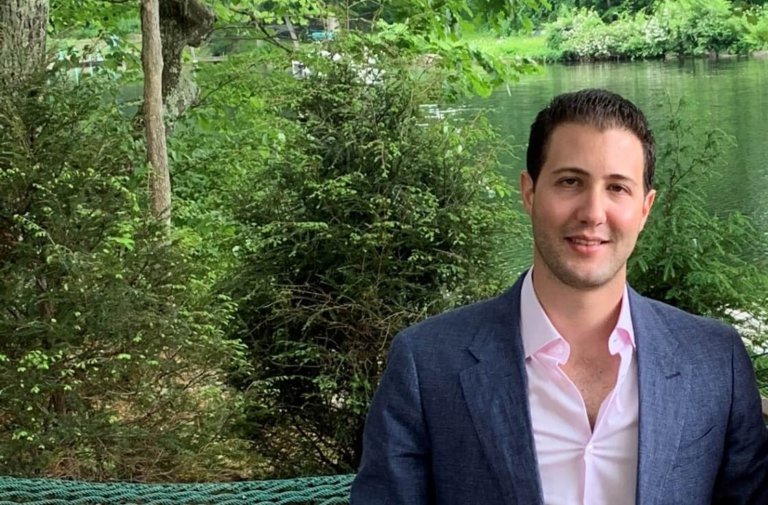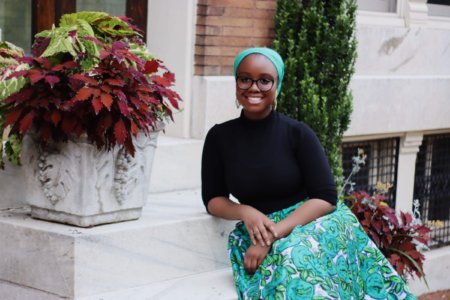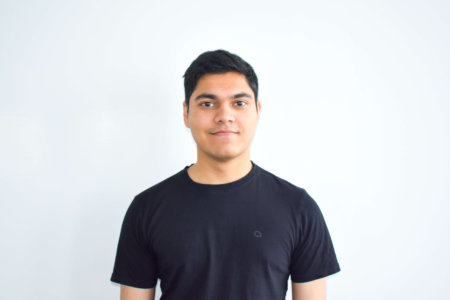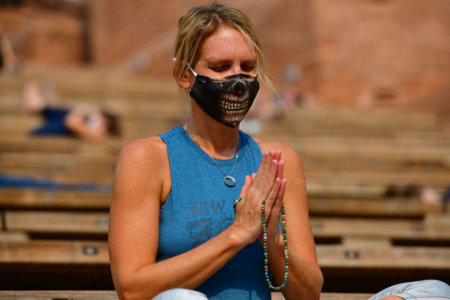
What does it take to be on Forbes 30 under 30 in 2021? For Fares Horchani, it was taking the family’s passion in growing and harvesting dates in the Djerid Oasis in Southern Tunisia and establishing his own brand: Kartago Dates in 2014. Five years later, it’s recording a revenue of US$5 million and supplying dates, rolls, syrups and spreads to over 1,000 grocers in the US, including Costco.
The success of Kartago Dates ties in with the boom in the health food industry. In 2016, the global health and wellness food market was valued at US$707.12 billion and is expected to increase to US$811.82 billion by 2021. Below we speak to Horchani about how he plans to capture this market, what being a Forbes 30 under 30 icon is like and the university that kickstarted his American Dream:
Why did you choose to pursue your BSc in Finance at Bentley University?
I always wanted to be part of the “American Dream,” and the best way to live it was to attend a uni in the US. I chose Bentley University because it was and still is one of the best business unis in the country. To further add, Boston is such a great city for international students.

Horchani moved to New York in January 2014 and established Kartago Dates. He also heavily invested in research and development and after a few months, he came up with many organic and natural products revolving around dates. Source: Fares Horchani
Do you think it would have made a difference if you pursued a degree at a local institution?
We have great unis in Tunisia but for me, it was all about being part of the American culture to learn their way of doing business. In this industry, it’s about thinking and acting like your customers in order to better sell your products.
Additionally, American business professors have a very unique way of teaching entrepreneurship as most of them are entrepreneurs and business owners. They not only teach you about theories, but they also relate to you with their stories of how they succeed throughout their career.
Tell us more about Kartago Dates and its success. What’s the backstory with your brand?
After graduating from uni, I quickly noticed the growing trend for “clean label” and “better for you” products. People are becoming more health-conscious in terms of dieting and their lifestyle. Here, I saw a huge opportunity since my family has been growing Deglet Noor Dates in the South of Tunisia for around 200 years.
I moved to New York in January 2014 and established Kartago Dates. I heavily invested in research and development and after a few months, we came up with many organic and natural products revolving around dates. All these are 100% natural and beneficial for your health.

Kartago now has a revenue of US$5 million and supplies dates, rolls, syrups and spreads in over 1,000 grocers in the US, including Costco. Source: Fares Horchani
My sales team and I have toured all the major food trade shows in the US which helped our products quickly become famous. Today, we are the largest brand for dates in the US and we hope to expand to Europe by the end of this year.
Give us three little-known fun facts about dates.
They are a great source of antioxidants, amazing for blood sugar balance and help reduce blood pressure along with maintaining bone mass. An extra fun fact is that dates also contain a brain booster.
Walk us through what your work experiences in Rome, Dubai and Tunisia were like. Do you think those led to the level of success in where you are today?
In Rome, I worked for a private investment company doing mostly market research and some junk bond cases. The owner of the company — a former Harvard student — became my mentor and helped me during my adventure in the US.
In Dubai, I helped a perfume company develop and expand its product line. I learned a lot about marketing but at the same time about product sourcing. My time in Tunisia was spent working on the Kartago project since all the sourcing comes from there.
How do you use the knowledge and skills gained in your uni course now?
I learned valuable lessons, especially in finance and marketing. Two of the most important were: “Cash is king” and “Customers are always right”.
What do you wish you had learned more during uni?
I wish I had studied Spanish, the only major language I am missing. I do speak Arabic, French and English and a little bit of Italian. I feel like I would be happy to conquer the Spanish language.
What advice do you have for international students who are planning to enrol in the same course as you?
If you have a project or business idea in mind, you need to put an effort into the work you put in from day one. This is so you can use as much insight as possible from your professors so when you graduate you are ready to start your business.
Once school is over, you will be on your own figuring out how things work. My advice would be to make as many friends as you can and grow your contacts from different countries. Having a business network around the world is so useful.

For Horchani, it was all about being part of the American culture to learn their way of doing business. Source: Fares Horchani
In ten years, where you like to be living and what would you be doing?
I see myself between New York and Tunisia and I hope to be focusing more on philanthropy. As Winston Churchill said, “You make a living by what you get. You make a life by what you give.”
What is something a lot of people don’t know about you that you can share with us?
I was about to study in Paris, but I changed my mind at the very last minute. I even had already booked my apartment and picked my classes, I can’t imagine the difference in life I would be leading had I decided to stay there instead of the US!
Keep up with their Instagram page here!










